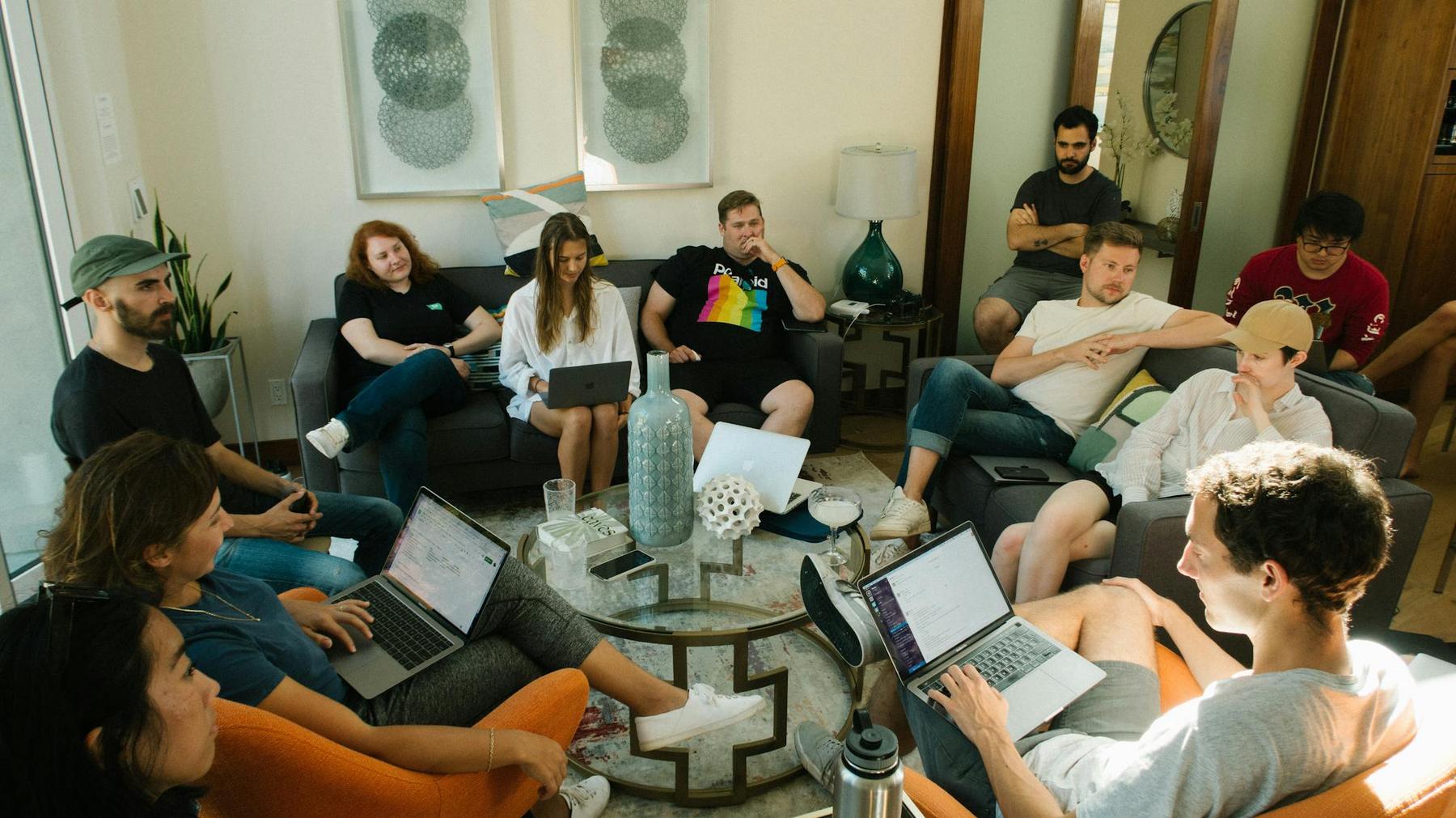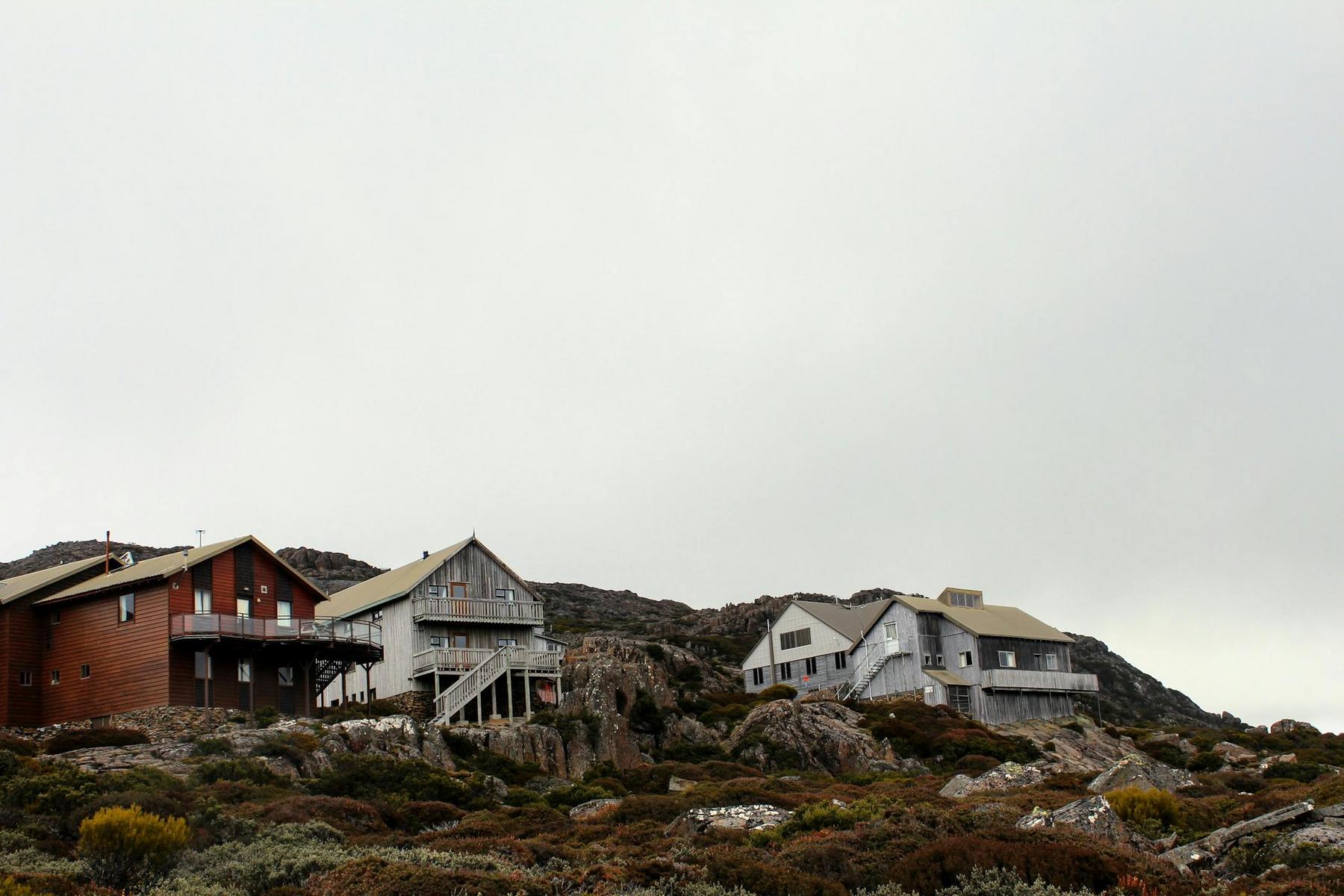When you’re caring for someone with a disability or navigating life with a disability yourself, the journey can feel overwhelming. The maze of available support services, funding options, and community resources in Cairns might seem impossible to navigate alone. Yet within this tropical city and the broader Far North Queensland region lies a rich network of community-based support systems designed to empower individuals with disabilities and their families to thrive.
Understanding how to leverage these community resources effectively can transform not just daily living experiences, but entire life trajectories. From government-funded programmes to grassroots community initiatives, Cairns offers a diverse ecosystem of support that extends far beyond traditional healthcare settings.
Where Can You Find Community-Based Disability Resources in Cairns?
The landscape of disability support in Cairns encompasses multiple layers of community resources, each serving distinct but interconnected purposes. Local community centres throughout the region serve as vital hubs, offering everything from peer support groups to skills development workshops. The Cairns Disability Support Directory provides a comprehensive starting point, connecting individuals with local organisations that understand the unique challenges faced by Far North Queensland residents.
Community resource centres in suburbs like Smithfield, Edmonton, and Westcourt have developed specialised programmes that address both immediate needs and long-term independence goals. These centres often coordinate with local libraries, schools, and recreational facilities to create inclusive environments where individuals with disabilities can participate fully in community life.
The strength of Cairns’ community-based approach lies in its recognition that disability support extends beyond clinical interventions. Local churches, cultural organisations, and volunteer groups frequently collaborate to create social opportunities that combat isolation whilst building meaningful connections. This grassroots approach ensures that support feels natural and integrated rather than segregated or institutionalised.
How Do Government Services Support Disability Needs in Far North Queensland?
Government support for disability services in the Cairns region operates through multiple tiers, with the National Disability Insurance Scheme (NDIS) serving as the primary framework for individualised support. The Queensland Department of Communities, Disability Services and Seniors maintains regional offices in Cairns that coordinate state-level initiatives alongside federal programmes.
Local government plays a crucial role through accessibility initiatives, adaptive equipment lending programmes, and inclusive recreational facilities. Cairns Regional Council has invested significantly in creating barrier-free public spaces, from accessible beach access points to adaptive playground equipment that welcomes children of all abilities.
The Home and Community Care (HACC) programme provides essential support for individuals under 65 who don’t qualify for NDIS funding, filling critical gaps in the support ecosystem. These services include domestic assistance, personal care, respite care, and community transport options that keep individuals connected to their local communities.
What Role Do Local Organisations Play in Disability Advocacy and Support?
Far North Queensland’s disability advocacy landscape thrives through the dedication of local organisations that understand regional challenges intimately. Queensland Disability Network operates peer support groups specifically in Cairns, creating safe spaces where individuals can share experiences and learn from others facing similar challenges.
Sporting Wheelies and Disabled Association runs programmes throughout the region that focus on recreation, sport, and social connection. Their approach recognises that quality of life encompasses much more than basic care needs, emphasising activities that build confidence, skills, and community bonds.
| Organisation Type | Primary Focus | Services Offered | Target Demographic |
|---|---|---|---|
| Peer Support Groups | Emotional wellbeing | Group meetings, mentoring | All disability types |
| Advocacy Bodies | Rights protection | Legal support, policy work | System navigation needs |
| Recreation Providers | Social inclusion | Sports, arts, social events | Active participation seekers |
| Skills Development | Independence building | Training programmes, workshops | Capacity building focus |
Local faith-based organisations, including CentaCare FNQ and various church communities, provide both practical support and spiritual care that many families find invaluable. These organisations often serve as bridges between formal services and informal community support networks.
The volunteer sector in Cairns demonstrates remarkable commitment to disability inclusion, with programmes ranging from companion services to specialised support for outdoor activities. Far North Queensland Volunteers coordinates many of these efforts, ensuring that volunteer enthusiasm translates into meaningful, sustainable support.
How Can Families Access Transportation and Mobility Support Services?
Transportation challenges in Far North Queensland’s sprawling geography require creative community solutions. Community transport services operate throughout the Cairns region, offering door-to-door assistance for medical appointments, shopping, and social activities. These services recognise that mobility extends beyond mere physical transportation to encompass social participation and independence.
Local taxi companies have invested in wheelchair-accessible vehicles, whilst ride-sharing adaptations continue expanding accessibility options. Community car schemes, operated through various local organisations, provide volunteer drivers who understand the specific needs of passengers with disabilities.
Public transport accessibility has improved significantly, with QConnect services featuring low-floor buses and audio-visual announcements. However, the real strength lies in community-organised transport solutions that fill gaps in formal services, particularly for rural and semi-rural residents around Cairns.
Equipment lending libraries throughout the region provide temporary access to mobility aids, allowing families to trial equipment before purchasing or while waiting for funding approvals. These programmes reduce financial barriers whilst ensuring appropriate equipment matching.
Which Community Programs Foster Social Inclusion and Independence?
Social inclusion programmes in Cairns have evolved beyond traditional day-centre models to embrace community-integrated approaches. Local libraries offer sensory-friendly programmes, computer training adapted for various disabilities, and quiet spaces designed for those who need reduced stimulation environments.
Arts and cultural organisations throughout Far North Queensland have developed inclusive programmes that welcome participants regardless of ability level. The Cairns Festival and other community events increasingly feature accessible participation options, from sensory-friendly performance times to assisted communication support.
Employment support extends through multiple community partnerships, with local businesses increasingly recognising the value of inclusive hiring practices. Supported employment programmes help individuals develop workplace skills whilst providing ongoing assistance as needed.
Community gardens, men’s sheds, and hobby groups provide structured social opportunities that build skills whilst fostering natural friendships. These programmes often prove more sustainable than formal therapy approaches because they’re driven by shared interests rather than deficit-focused intervention models.
How Do You Navigate Funding Options and Financial Support Resources?
Understanding funding landscapes requires patience and often professional guidance, but Cairns offers multiple pathways for accessing financial support. Beyond NDIS funding, state government programmes provide assistance for home modifications, vehicle adaptations, and assistive technology that might not fall within federal scheme parameters.
Local service clubs, including Lions, Rotary, and community foundations, maintain grant programmes specifically designed to support disability-related expenses. These organisations often provide funding for items or services that fall outside mainstream funding parameters, such as recreational equipment or social activity participation costs.
Carers Queensland operates throughout the Far North, providing information about carer payments, respite funding, and support coordination services. Their local knowledge proves invaluable for families navigating multiple funding sources simultaneously.
Financial counselling services, available through community legal centres and family support organisations, help families understand their entitlements whilst developing sustainable budgeting strategies. These services recognise that disability-related expenses often extend beyond direct care costs to include hidden expenses like increased utility bills or specialised food requirements.
Building Your Support Network Through Community Engagement
Creating sustainable support networks requires active engagement with community resources rather than passive service consumption. The most successful individuals and families develop relationships across multiple resource types, creating redundancy that ensures support continuity even when individual services change.
Regular participation in community activities builds social capital that extends beyond formal service relationships. Whether through religious communities, interest-based groups, or neighbourhood connections, these relationships often provide the most flexible and responsive support during challenging periods.
Community resource leveraging succeeds best when approached as relationship-building rather than service-accessing. This mindset shift transforms resource navigation from a potentially overwhelming bureaucratic exercise into meaningful community participation that benefits everyone involved.
The strength of Cairns’ disability support ecosystem lies not in any single programme or service, but in the interconnected web of formal and informal supports that can be activated based on changing needs and circumstances. Success comes through understanding this ecosystem’s breadth whilst developing relationships that make navigation feel natural rather than burdensome.
How do I find the most appropriate community resources for my specific disability needs in Cairns?
Start with the Cairns Disability Support Directory, which provides comprehensive listings of local services. Contact Queensland Disability Network’s Cairns peer support group for personalised recommendations from others with similar experiences. Many families find that speaking with local GPs, allied health professionals, or school support coordinators provides valuable referral information tailored to specific circumstances.
What support is available for families who are new to the Cairns area and unfamiliar with local disability services?
Newcomer support often begins through Centacare FNQ or local community centres, which can provide orientation to available services. The NDIS Local Area Coordination services specifically help families understand regional service options. Many families benefit from attending community events and connecting with local parent support groups who can share practical knowledge about navigating Far North Queensland’s unique service landscape.
Are there community resources specifically designed for Indigenous Australians with disabilities in the Cairns region?
Yes, several organisations provide culturally appropriate disability support for First Nations people. These services recognise the importance of cultural connection alongside practical support needs. Contact local Aboriginal and Torres Strait Islander community organisations for referrals to culturally appropriate services that understand the intersection of disability and cultural identity.
How can I access emergency support if regular community services are unavailable?
Emergency support networks include crisis respite services, emergency transport options, and after-hours community response teams. Develop relationships with multiple service providers to create backup options when primary supports are unavailable. Many families create informal emergency networks through community connections that can provide temporary assistance during service gaps.
What community resources exist for adults with disabilities who want to live independently in Cairns?
Independent living support includes supported accommodation options, skills development programmes, and community participation initiatives. Local organisations provide training in areas like budgeting, cooking, and public transport use. Peer support networks often provide the most practical advice about transitioning to independent living whilst maintaining necessary support connections.



